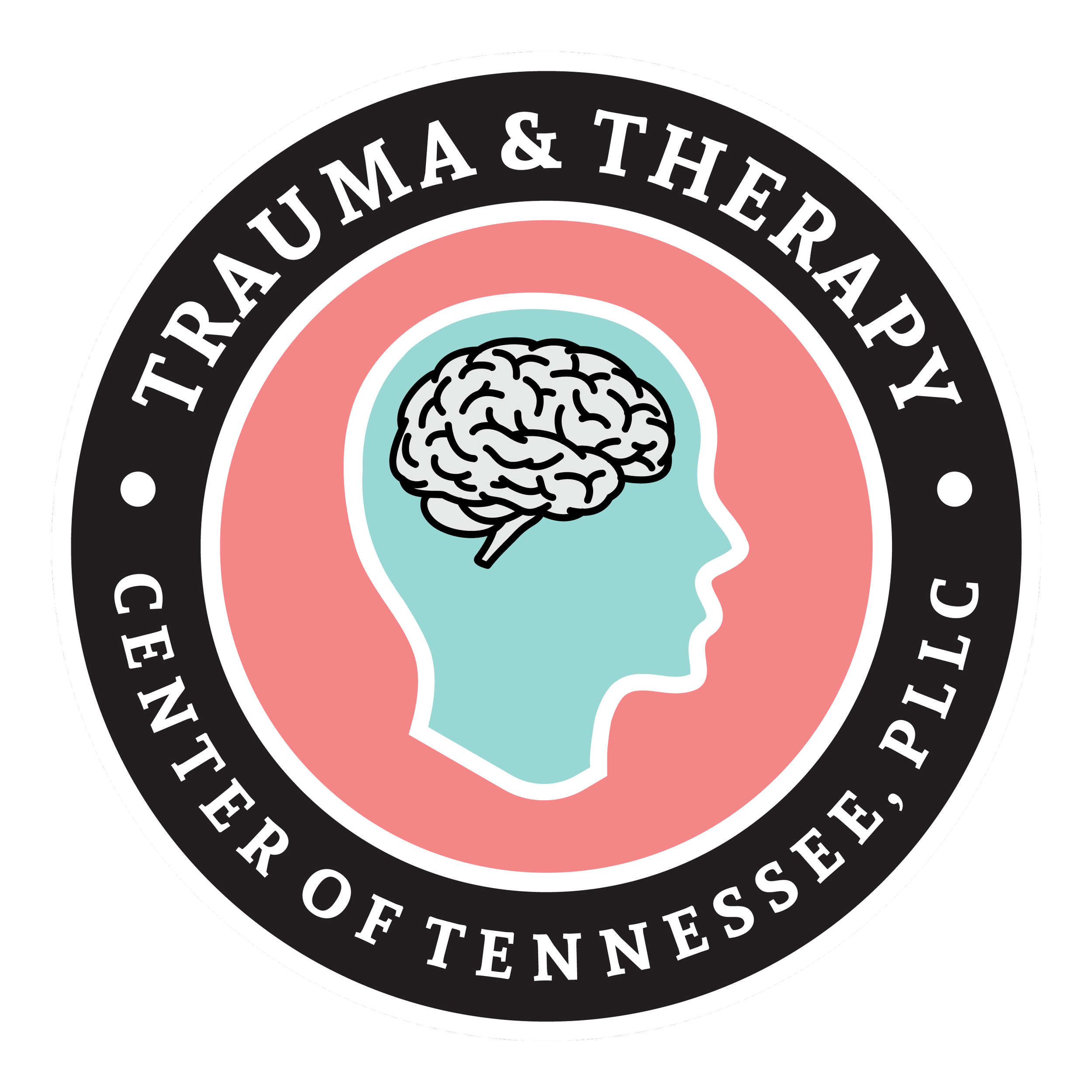Brainspotting
Where you look can change how you feel.
Targeted trauma therapy that reaches the roots.
When talking stalls progress…
You’ve worked hard in therapy, yet certain triggers keep firing. The body remembers. The mind can’t always talk it through.
Brainspotting helps your nervous system finish what it started.
At Trauma and Therapy Center of Tennessee, Brainspotting gives us a focused, neuroscience-informed way to help your system release what words can’t touch. Sessions are delivered by trauma specialists inside a boutique, collaborative model, online across Tennessee, Kentucky, and Georgia, and in person at our Tennessee clinic.
“It allows us to harness the brain’s natural ability for self-scanning, so we can activate, locate, and process the sources of trauma and distress in the body.”
Maybe it’s the sudden rush in your chest, the fog after a memory, or the way your body goes numb during conflict. You’re not broken. Your nervous system learned how to protect you. Together, we create a safe, steady space to let the body lead while you stay grounded and in control of your pace.
How Our Approach Is Different
Brainspotting identifies precise eye positions—“brainspots”—that link to stored sensory and emotional material. With attuned guidance and bi-aural audio, your brain can access and process what has been outside everyday awareness. We pair this with education about your nervous system so shifts feel understandable, not mysterious. This is not a one-size protocol. We integrate Brainspotting with attachment-based therapy, parts-work, and somatic skills. The aim is to achieve clarity about the nervous system and root causes by session three, followed by early regulation shifts within the first five to seven sessions, while we co-create a plan that fits your life.
“Brainspotting is based on the profound attunement of the therapist with the patient, finding a somatic cue and extinguishing it by down-regulating the amygdala. It isn’t just PNS (Parasympathetic Nervous System) activation that is facilitated; it is homeostasis.”
What Makes Care With Us Different
Specialists who work at the root, not just the story
Clear arc by session four so you always know the plan.
Collaborative team model and case consults when helpful.
Options to blend Brainspotting with LENS neurofeedback or Trauma-Informed Hypnosis
Private, HIPAA-compliant telehealth and a calming in-clinic setting
Boutique experience without franchise scripts or insurance constraints
-
Brainspotting has been demonstrated to be a powerful and effective therapeutic approach. Several studies demonstrate the efficacy of Brainspotting therapy for treating stress, anxiety, trauma, and other issues. Victims and their families identified it as the most helpful and effective therapy for relieving anxiety, stress, and trauma following the Sandy Hook School shooting. There is growing research and strong clinical outcomes for trauma, anxiety, and performance blocks. We use it within a mature therapeutic relationship and a clear plan, and we never make promises about results prior to a full client assessment and treatment plan.
-
You’ve done therapy, yet the body still reacts.
You want to change without retelling every detail.
You prefer focused sessions that create momentum.
You need a method that respects pace, privacy, and control.
You want an option that can be integrated with your current therapist.
-
Many clients feel small shifts in the first five sessions. We emphasize assessment and collaborate on a treatment plan by the fourth session. From there, we ensure that you are adequately resourced in your nervous system. Our providers pace the process to match your nervous system's readiness, ensuring safe and steady progress that lasts.
-
No. You maintain choice at all times. Brainspotting can support processing with as much or as little narrative as you want. Many clients make progress without revisiting the details of their trauma story.
-
Yes. We often provide Brainspotting adjunct care and coordinate with your community therapist after a brief consult. Many of our current clients receive brainspotting from their co-treating therapist and continue to see their primary therapist within our practice.
-
We operate as a boutique, self-pay practice, so care stays tailored, cutting-edge, focused, collaborative, and private. Superbills may be available upon request. Additionally, we offer budget-friendly clinicians who receive high levels of oversight and counseling packages to make trauma care more accessible. Read more about our model of care.
We Help
Trauma and complex trauma that lingers after talk therapy
Anxiety spikes, panic, hypervigilance, startle response
Grief, medical or birth trauma, accidents, sports injuries
Performance blocks in leadership, creatives, and athletes
Emotional numbness, dissociation, shutdown under stress
Somatic symptoms tied to stress, such as headaches or tension
Meet the therapists who offer Brainspotting
(Availability may vary by licensure and schedule.)

